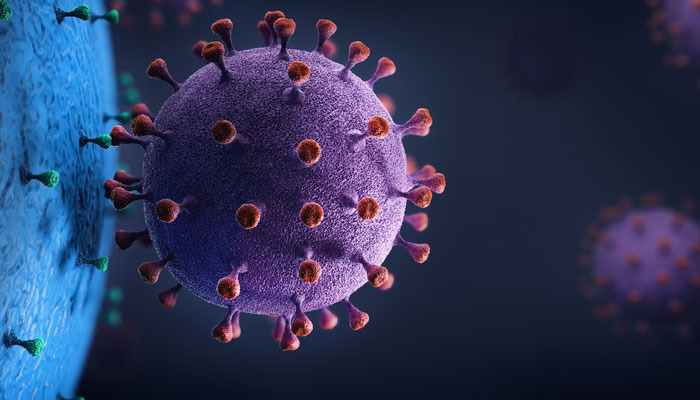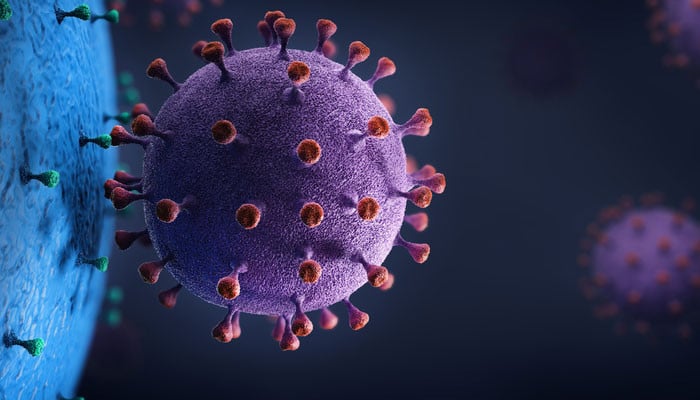
The UK has developed a genetic early warning system to identify new forms of future pandemics.
According to the British newspaper The Guardian, researchers at the Wellcome Sanger Institute in Cambridgeshire, UK, are developing an important technology to monitor genetic changes in respiratory viruses to identify dangerous new strains and identify new diseases and Can be used as an early warning system for future epidemics.
The team of researchers aims to make the technology affordable, easy-to-use and widely available to provide global surveillance of the virus.
Targets of this system will include influenza viruses, respiratory syncytial virus (RSV), coronaviruses and pathogens.
The ‘Respiratory Viruses and Microbiome Initiative’ project aims to create a system that will deploy DNA sequencing technology to identify all viral, bacterial and fungal species from a single sample collected from a patient’s nose. Species can be identified.
Evan Harrison, project leader at the Sanger Institute, a world-renowned center for genetics research and DNA sequencing, says that ‘the UK was at the forefront of genomic surveillance of the Corona virus and all the sequences on Earth during the epidemic’. Sars-CoV-2′ was responsible for about 20 percent of the genomes.
An example of the threat of future pandemics is provided by the coronavirus.
The technology’s remarkable potential was revealed when researchers used genomic surveys during the coronavirus.
In December 2020, when there was a sudden increase in the number of corona cases in southeast England, technology showed that the increase was caused by the appearance of a new and more contagious strain.
According to a report by The Guardian, this new form of the virus was originally known as the ‘Kent strain’ but was later renamed ‘Sars-CoV-2’.
John Silato, leader of the Genomic Surveillance Unit at the Sanger Institute, said: ‘This discovery was a huge change. This system allows humans to see changes in the virus much faster than other methods, now we are going to exploit the power of this system’.
The team of researchers is collaborating on the project with the UK Health Security Agency, British academics, and other public health bodies.
The study will first sample newly admitted patients from a hospital where symptoms of a newly emerging disease are likely to appear first.
However, such technology also needs to be adapted to laboratories around the world.
setTimeout(function(){
!function(f,b,e,v,n,t,s)
{if(f.fbq)return;n=f.fbq=function(){n.callMethod?
n.callMethod.apply(n,arguments):n.queue.push(arguments)};
if(!f._fbq)f._fbq=n;n.push=n;n.loaded=!0;n.version=’2.0′;
n.queue=[];t=b.createElement(e);t.async=!0;
t.src=v;s=b.getElementsByTagName(e)[0];
s.parentNode.insertBefore(t,s)}(window,document,’script’,
‘https://connect.facebook.net/en_US/fbevents.js’);
fbq(‘init’, ‘836181349842357’);
fbq(‘track’, ‘PageView’);
}, 6000);
/*setTimeout(function(){
(function (d, s, id) {
var js, fjs = d.getElementsByTagName(s)[0];
if (d.getElementById(id)) return;
js = d.createElement(s);
js.id = id;
js.src = “//connect.facebook.net/en_US/sdk.js#xfbml=1&version=v2.11&appId=580305968816694”;
fjs.parentNode.insertBefore(js, fjs);
}(document, ‘script’, ‘facebook-jssdk’));
}, 4000);*/



